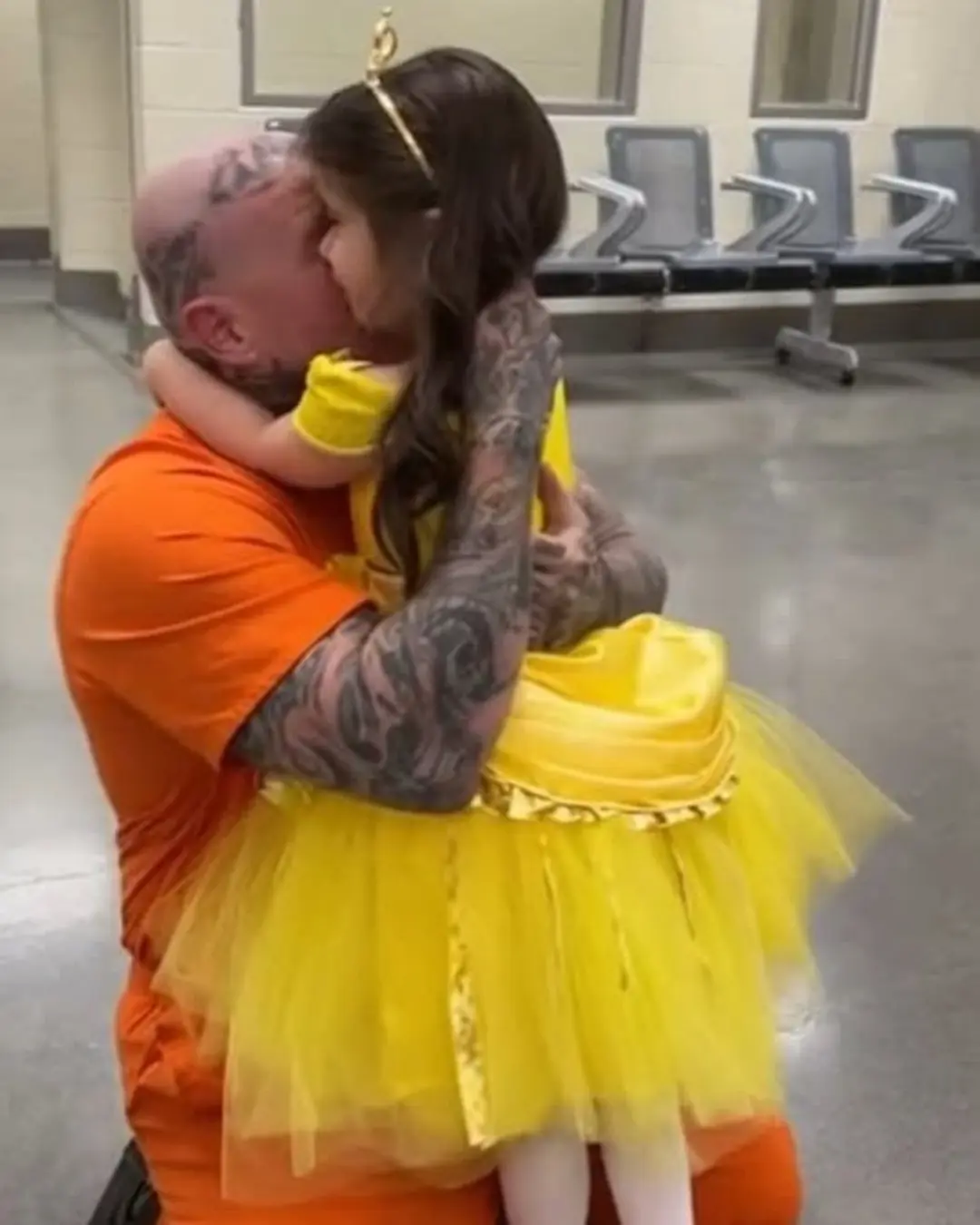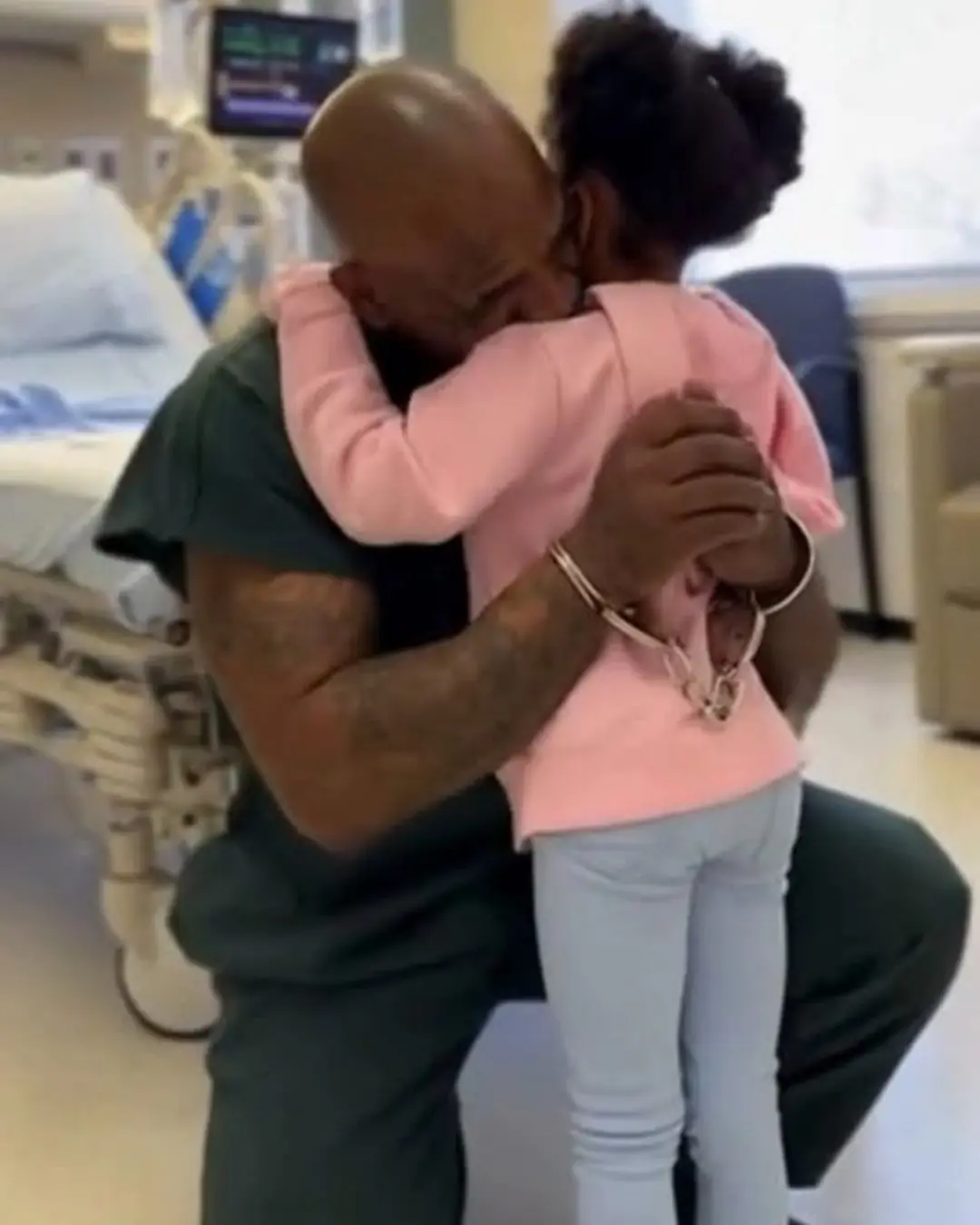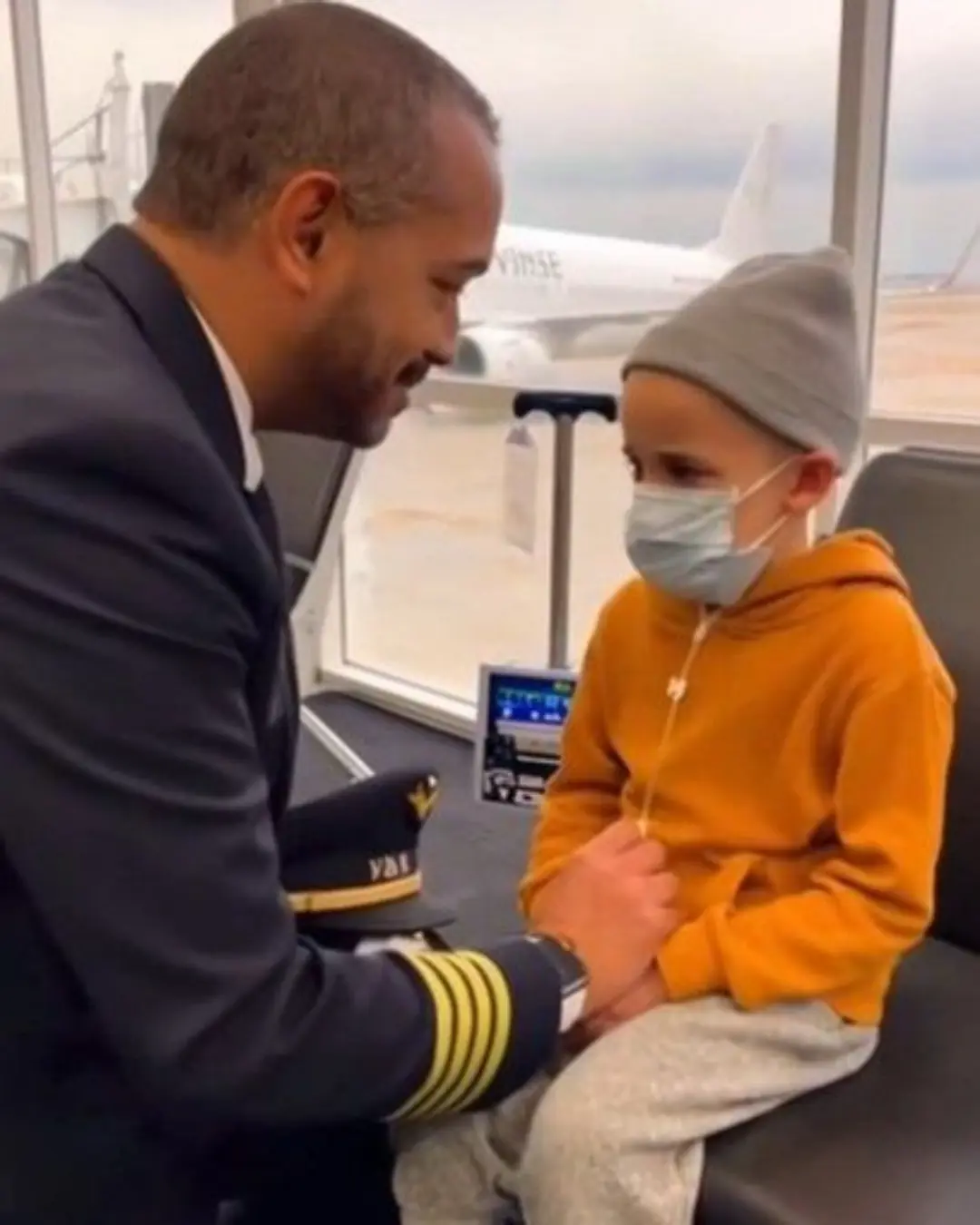
Why Some Children Don’t Visit Their Parents Often
Why Some Children Don’t Visit Their Parents Often …And How to Bridge the Gap

The relationship between parents and children is one of the most profound connections we experience in life. But as time passes, some families find themselves facing a painful reality: adult children no longer visit as often as they once did — or as often as their parents wish they would.
This shift can feel confusing, disheartening, or even hurtful. But often, the reasons behind it are complex, layered, and not necessarily rooted in a lack of love.
Let’s explore some of the most common reasons why this happens — and how both parents and children can address it with empathy, honesty, and care.
1. Changes in Family Dynamics
As children grow into adulthood, life becomes more demanding. They may:
- Get married or enter long-term relationships
- Start their own families
- Take on high-pressure jobs or move into demanding career paths
These new responsibilities naturally change the rhythm of family life. The closeness once shared daily can fade, not from lack of affection, but from life simply pulling in new directions.
Key reminder for parents:
It’s not personal — it’s a reflection of how full and complex adult life becomes.
2. Geographic Distance & Busy Schedules
Sometimes the reason is purely logistical.
- Your children might live hours (or even countries) away.
- Travel costs and time may make frequent visits difficult.
- Weekends may be filled with errands, parenting duties, or much-needed rest.
Even those with the best intentions may find it hard to fit in regular visits. In these cases, the absence isn’t emotional — it’s practical.
What helps:
Regular video calls, text check-ins, or planning visits in advance can keep the bond strong despite the miles.
3. Unresolved Conflict or Emotional Distance
This is one of the harder truths.
Sometimes, lack of visits reflects underlying emotional wounds. Perhaps there were past disagreements, misunderstandings, or hurtful patterns — spoken or unspoken — that still linger.
In these cases, visiting can feel emotionally taxing, and avoidance becomes a form of self-protection.
What can help:
- Initiating open, non-defensive conversations
- Apologizing for past hurt (even years later)
- Seeking family therapy to address long-standing tensions
Healing is possible — but it begins with honesty and willingness on both sides.
4. Miscommunication or Unclear Expectations
Sometimes, the distance isn’t emotional or geographical — it’s just a misunderstanding.
Parents might assume their children know they’re always welcome. Meanwhile, children might hesitate, thinking they’re intruding, or unsure if the timing is right.
The fix? Say it clearly.
“We’d love to see you more — you’re always welcome here.”
“What days work best for a visit?”
“Let’s plan something soon — we miss you.”
Clarity helps everyone feel safe and included.
What Parents Can Do
If you feel your child doesn’t visit as much as you’d like, try this approach:
- Lead with empathy, not guilt. Instead of “You never visit,” try “I miss spending time with you — is there a good time we can plan something soon?”
- Be curious, not critical. Ask open questions about their schedule, stress levels, or needs.
- Offer flexibility. Sometimes a coffee, a phone call, or a walk together matters just as much as a formal visit.
What Adult Children Can Do
If you’re avoiding visits due to conflict, overwhelm, or emotional exhaustion:
- Communicate honestly. Let your parents know what’s going on in your life — not to justify, but to build understanding.
- Set boundaries kindly. You’re allowed to protect your energy without cutting off connection.
- Work toward healing. If conflict is the issue, consider counseling or writing a heartfelt letter. Some relationships just need a safe path back.
Is It Normal to Visit Less as Adults?
Yes. Life changes, and so do routines. It’s common for visit frequency to decline over time. But what matters more than frequency is quality and emotional connection — whether that’s in person, over the phone, or via text.
A strong relationship doesn’t always need constant physical presence.
Final Thoughts
When children don’t visit their parents often, it can stir up disappointment and sadness. But behind the silence, there’s often a reason that can be explored, understood, and healed.
Whether it’s the pace of modern life, past wounds, or simple miscommunication, the key to rebuilding the connection is:
- Open conversation
- Mutual respect
- Compassion for each other’s journeys
A visit may not always be possible — but love can still find its way in, through words, gestures, and moments that say, “I care,” even from afar.
News in the same category


The Giant Who Rushed Home for a Bedtime Story.

The Day a Burned Little Boy Met His Hero in Blue.

The Princess Who Saved Her Father.

The Mailman Who Became Her Shelter.

Forty-Eight Hours of a Mother’s Love.

A Life for a Life: The Man on Death Row Who Chose to Save a Child.

The Cry That Stopped the Tractor.

Brave: The Calf Who Refused to Give Up.

In His Final Hours, All He Wanted Was Her Touch.

He Brought the Dog Into Court… and the Judge Saw a Man Worth Saving.

MuayLek’s First Night of Freedom: The Elephant Who Finally Learned She Was Safe.

A Thousand Silent Winters — and One Man Who Finally Stopped.

How a Pilot Gave a Terrified Little Boy the Courage to Keep Fighting.

The Bus Stop She Was Too Afraid to Go Home To.

The Rule He Broke to Save a Life.

The Officer Who Found What No One Was Supposed to See.

The Baby Elephant Who Reached for a Water Bottle — and Found Hope.

The Coat She Left Behind.
News Post

DIY Fenugreek Hair Masks for Hair Growth & Reducing Hair Fall

Will Americans Receive $2,000 Stimulus Checks? What You Need to Know

Revolutionary Miniature Implant Offers New Hope for Restoring Vision in Macular Degeneration Patients

A Simple Superfood That Enhances Your Baby's Brain Development During Pregnancy

Don’t Drink Coconut Water Before You Know These 11 Secrets!

The #1 habit that’s destroying muscle in older adults—are you doing this?

Tomato Benefits for Skin – How Tomato Slices Can Transform Your Skin Naturally

This Plant Is Tastier Than Meat! 8 Reasons to Keep It in Your Garden

Walnuts Feed Your Microbiome: The Small Superfood That Transforms Your Gut and Your Mood

3 Steps Skin Care To Get Dewy Glass Skin

What happens when you start eating chia seeds every day

Why You Should Stop Using Petroleum Jelly On Your Skin (It’s a Byproduct of the Petroleum Manufacturing Process)

Air Conditioner Blowing Only Air but Not Cooling? Here’s How to Fix It Without Calling a Technician

14 Reasons to Drink Lemon Water First Thing in the Morning

Had no clue about this

Scientifically Proven Health Benefits of Cayenne Pepper

Why Does Your Refrigerator Frost Over and Does It Increase Electricity Consumption?

How to Grow Potatoes Easily from Sprouted Tubers and Enjoy Them All Year Round
